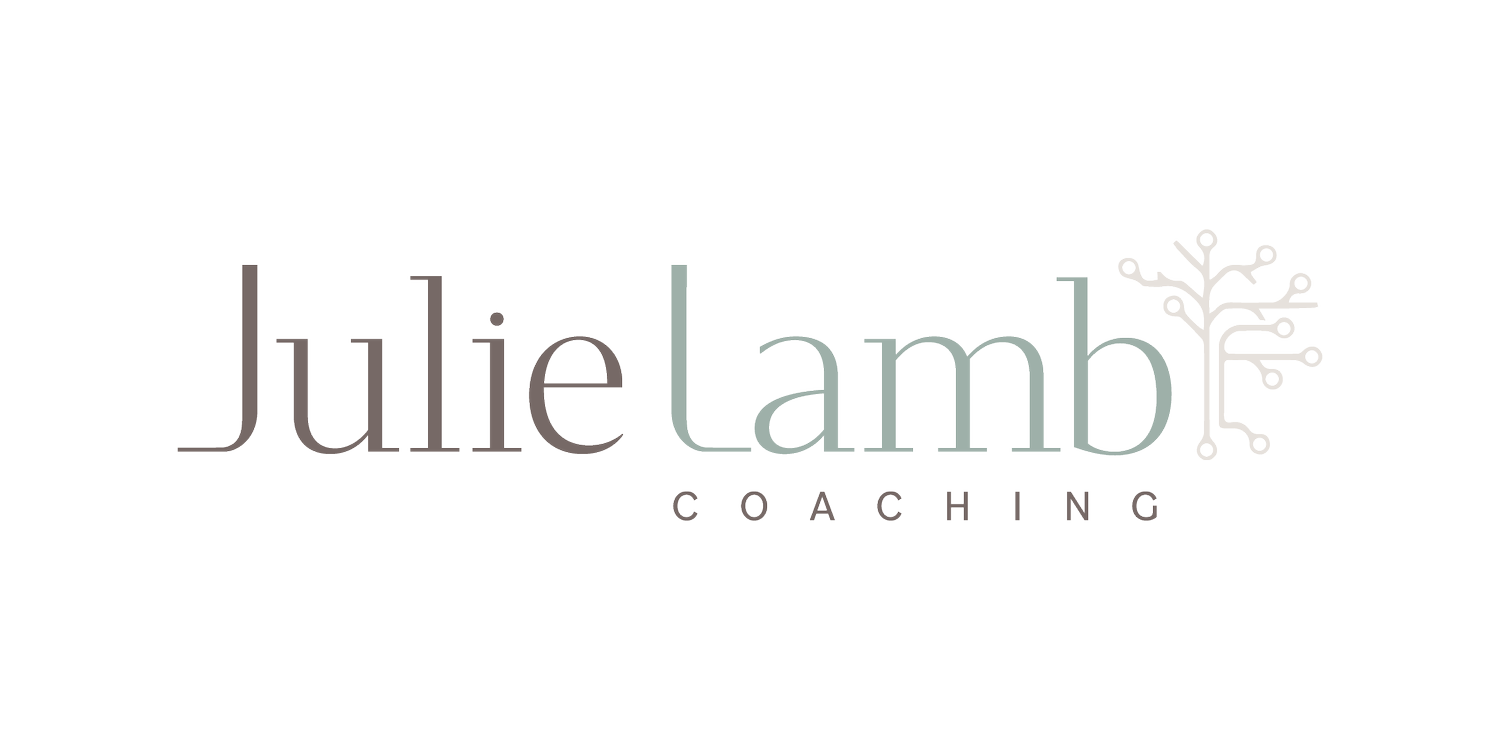Am I an introvert, extrovert or something in between?
“So, are you an Introvert or an Extrovert?”
Have you been asked this question before?
Maybe you have asked this question of yourself as you pondered your social interactions for the day.
Regardless of how you first encountered some form of this question the concepts of Introvert and Extrovert have become innocuous in western society.
You see human’s love to label and categorize things.
I don’t make the rules- that’s just the way it is.
In 1923, Carl Jung the famed Swiss Psychiatrist published a paper where he brought the terms into mainstream usage within the field of Psychology.
Now we all know Introverts like to keep to themselves and Extroverts love to be around people, right?
Well…. it’s not that simple.
As so many things in brain and social science, there is a lot more nuance than a simple binary concept can convey.
For example, did you know that most people have a behavior flip in certain social situations?
The extrovert might withdraw unexpectedly from a social situation one would assume they would thrive in.
The introvert suddenly can become the life of the party when they are surrounded by close friends or the conversation turns to a topic that they feel extremely confident in.
And on today’s episode I will also be discussing the relatively new term in the field known as the “Ambivert.”
Today we will talk about:
· The unspoken messages and preferences our culture communicates about Introverts vs Extroverts
· Understanding what the terms actually mean as opposed to what we have been socialized to think they mean
· What is an Ambivert
Thank you for listening! If you enjoyed today’s episode:
· Please leave a review HERE- it sincerely helps other people find good podcasts.
· Want to unlock more of your brain’s superpowers? Get my free workbook HERE
Ready to be your best self? Schedule a free consult call with me today HERE.
